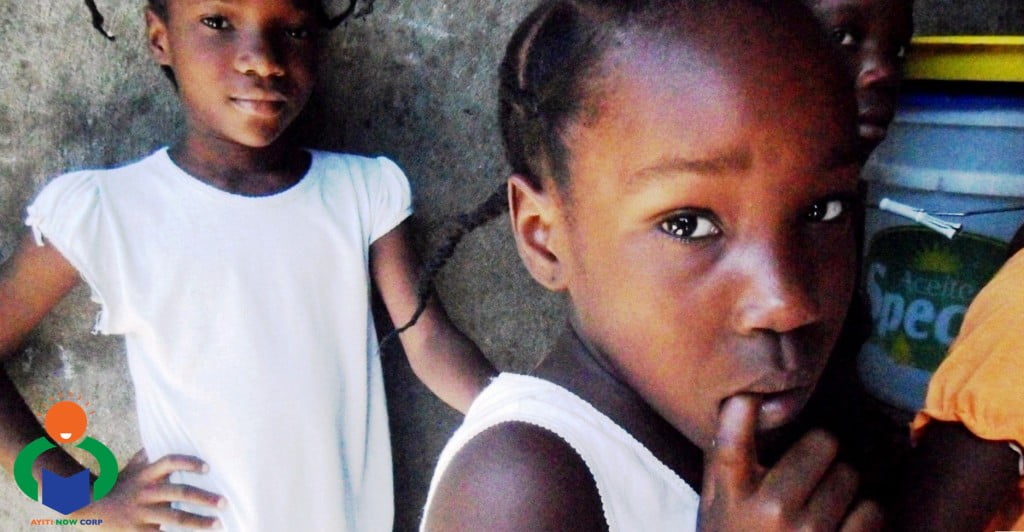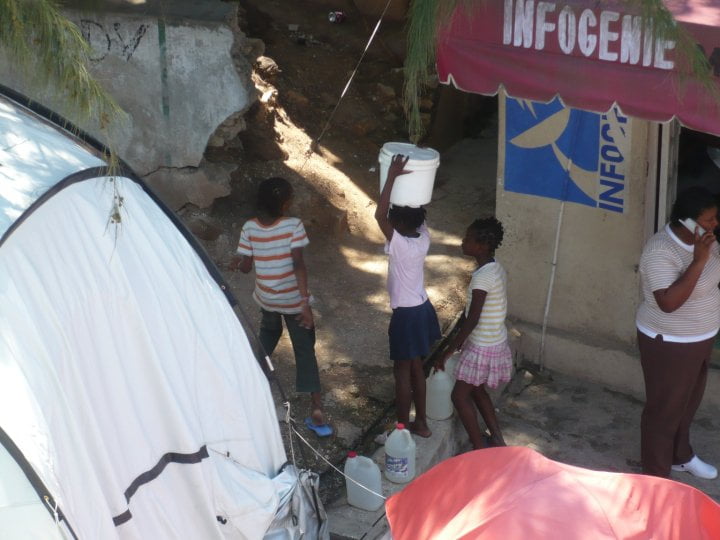November 5, 2016
Categories: Access, Recipients, Restavek
Tags: 2002, fafo, law, Restavek, workers
In Haiti, like in many other developing countries, a formal education is highly valued. However, 61% of children between the ages of five and 17 are not educated or under-educated. This includes 37% who are enrolled in school but have fallen behind, 18% who never enrolled, and 6% who are dropouts. The prevalence of child […]
March 17, 2016
Categories: Restavek
Tags: Haiti earthquake, IBESR, law, Restavek
Many host families do not even have the resources to send their own children to school since there is a dearth of free and public education. Furthermore, in most cases, host families themselves are poor and are often unable to properly feed even their own children. In fact, the PADF and USAID study found that […]
March 4, 2016
Categories: Restavek
Tags: abuse, girls, law, Restavek
Restavèks are mistreated, neglected, and abused emotionally, physically, and sexually in a myriad of ways. The majority, approximately two-thirds, of restavèk are girls. Girl restavèk are particularly vulnerable to the sexual abuse of males in the host family. In fact, restavèk girls are sometimes called la pou sa, there for that. Some restavèk, while not suffering from […]
March 3, 2016
Categories: Restavek
Tags: law, Restavek, trafficking
The Restavek practice originally involved the transfer of the child from one family to another. However, the restavèk system is more accurately characterized as trafficking and now often involves middlemen recruiters, or koutchye, who are paid to find a restavèk for host families. This system of trafficking often results in the complete loss of contact […]
February 25, 2016
Categories: Restavek
Tags: law, parents, Restavek, schools
The #biological #parents are #promised that their #child will be treated #well and sent to #school; #unfortunately, in the #overwhelming #majority of #cases these are #false promises. #Restavèk #children instead live a #life of #hardship and #work. These #children, #constantly occupied with #work, seldom, if ever, attend school. This #denial of the #right to #education […]


